Beyond the Phone: 5 Reasons to embrace compact digital cameras
Explore the edge compact cameras have over smartphones. Dive into 5 compelling reasons why these pocket wonders are a must-have for every photographer.
In 2022, I took a chance on the Fujifilm X100V just before embarking on a trip to Italy’s mesmerizing Amalfi Coast. Sleek, lightweight, and irresistibly stylish, this compact mirrorless gem quickly became more than just a camera; it became an extension of me. It’s always by my side, urging me to capture moments with a clarity and passion I never knew I had.
With time and extensive use, this compact digital marvel proved its worth in every shot. Nearly two years in, I’m convinced of its unparalleled value. I’ve pinpointed five undeniable reasons everyone should think about investing in a compact digital camera.
Let’s explore them.
5 Reasons Why You Should Invest in a Compact Digital Camera
#1. Portability and Convenience
The beauty of a compact digital camera lies in its name – compact. The Fujifilm X100V, for instance, has become my trusty companion on numerous trips, from the alleys of Istanbul to the bustling streets of Malaga, Spain.

With its lightweight and unobtrusive design, I found it convenient to carry around, be it in a backpack or casually draped across the shoulder.
This ease of transport means I’m more likely to have it on hand when a photo-worthy moment arises, like a spontaneous laugh from my son Nikita or an impromptu street performance in a foreign city.
In fact, one of the main reasons I chose to purchase the Fujifilm X100V was because of a trip to Milan at the end of 2021. During that trip, I primarily used my Sony A7III. While the Sony A7III is undoubtedly an exceptional camera, I noticed that I often left it behind when my wife and I went for walks. Its bulk and weight made it cumbersome to carry around, especially in temperatures exceeding 30°C.
Consequently, I missed numerous opportunities to capture stunning photographs. I vividly recall deciding after that trip that I wanted a more compact camera—one I could effortlessly take with me wherever I went without feeling burdened by its size or weight. Looking back, I genuinely believe that decision greatly enhanced my skills as a photographer.
#2. Unassuming Presence
One of the subtle advantages of a compact camera is its ability to blend in. Its small form doesn’t scream “professional photographer”, which can be a boon when trying to capture candid moments.
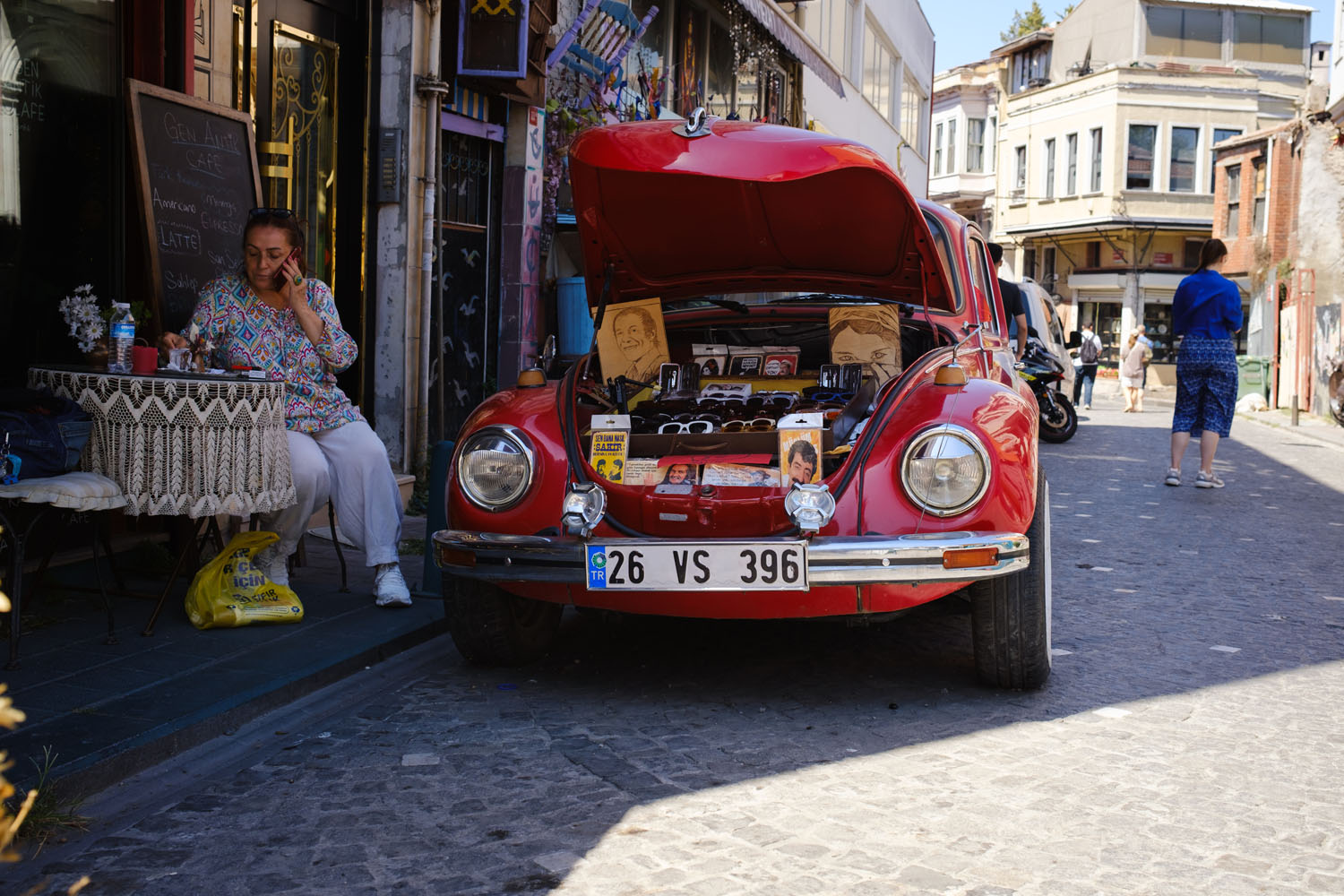
When traveling, using my Fujifilm X100V made it easier to approach locals. The camera’s retro, almost nostalgic design frequently led to delightful conversations, with people mistaking it for an old-school film camera.
The non-threatening demeanor of a smaller camera, compared to something like the Sony A7C, can make subjects more comfortable and approachable, resulting in amazing portrait photos of the locals.
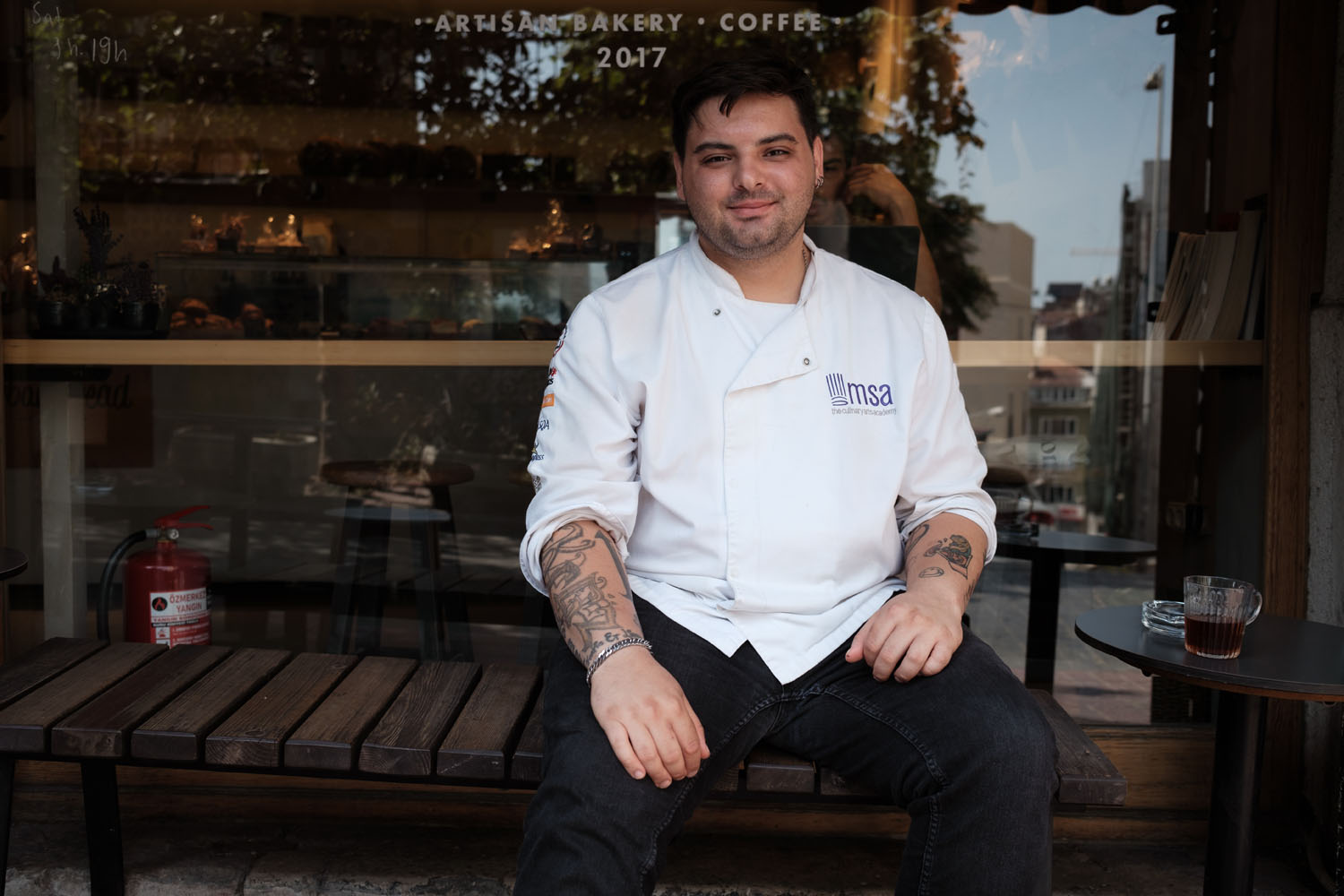
Sidenote: My personal observation shows that when you approach foreigners to ask to take their portrait photo with a bigger camera, such as a Sony A7III or Sony A7C, they are much more likely to refuse. For instance, during my latest trip to Istanbul, on one of the days, I decided to take my Sony A7C with me for the evening walk, and there was a really interesting local person that I wanted to take a portrait of.
#3. Versatility
Compact digital cameras excel in diverse situations. From capturing heartwarming personal moments like a child’s spontaneous laughter to documenting the vibrancy of travel destinations, they ensure every memory is vividly recorded.
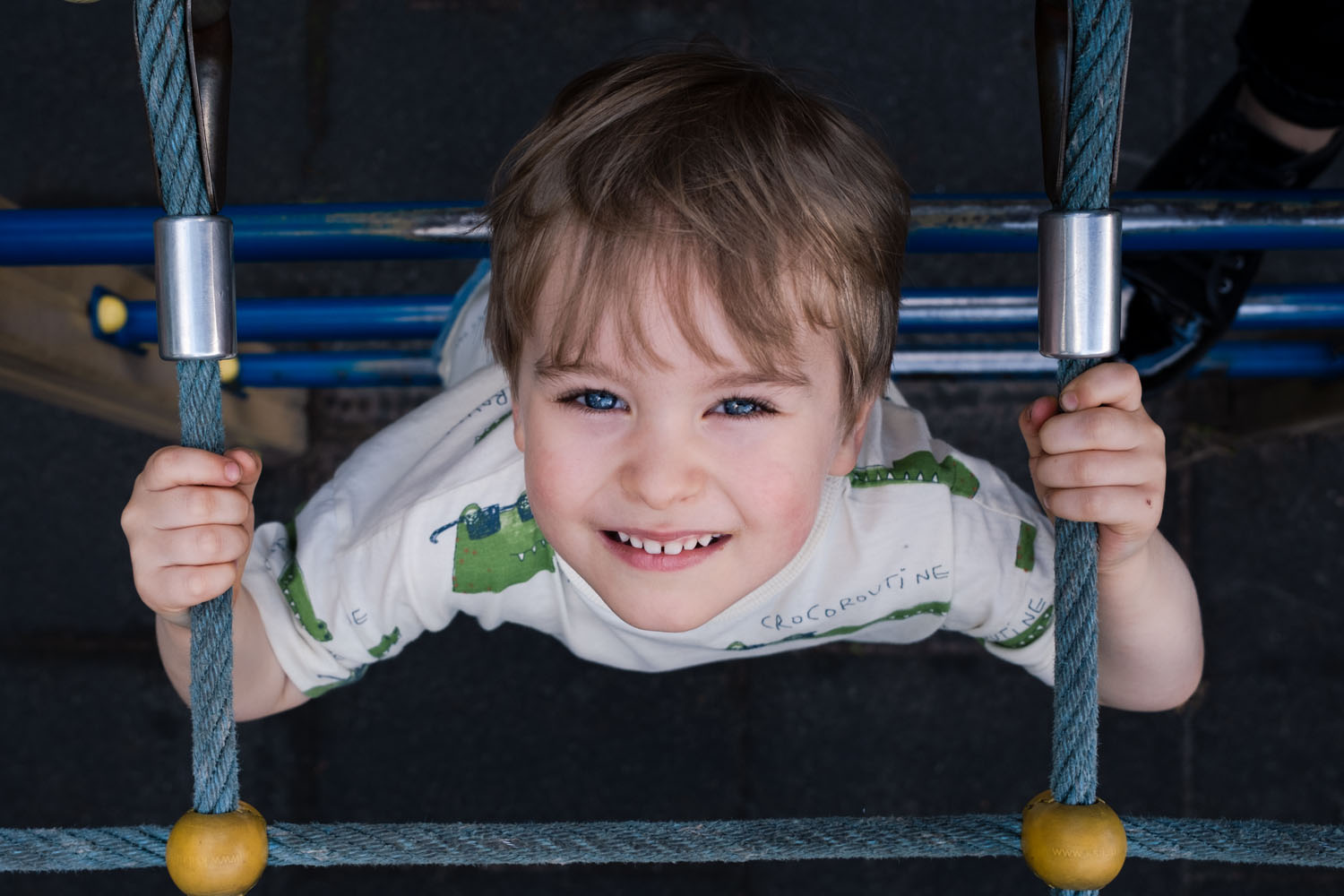
Their small form factor is an advantage in professional scenarios, too. In environments where authenticity is key, their unobtrusive design ensures candidness, allowing for genuine interactions and emotions to be captured.
Moreover, during family events, their lightweight nature ensures they complement rather than overshadow the celebration. In sum, the adaptability of compact digital cameras, fitting effortlessly into a range of settings, underscores their immense versatility.
#4. Focused on Photography
There’s a tangible difference between using a dedicated digital camera and snapping shots with an iPhone — and it’s not just about the technical aspects. In my personal journey, I’ve consistently observed that the images I capture with my camera surpass those taken with my iPhone. But why?
Beyond the superior specs and features of a dedicated camera, it’s the psychological shift that plays a pivotal role. Using a digital camera places me in a “photographer’s mindset”. Suddenly, the world transforms into a canvas of potential shots. I find myself actively seeking the perfect angle, the ideal composition, and the most complementary lighting. There’s a deliberateness to the process; each click is a culmination of thought and intent.
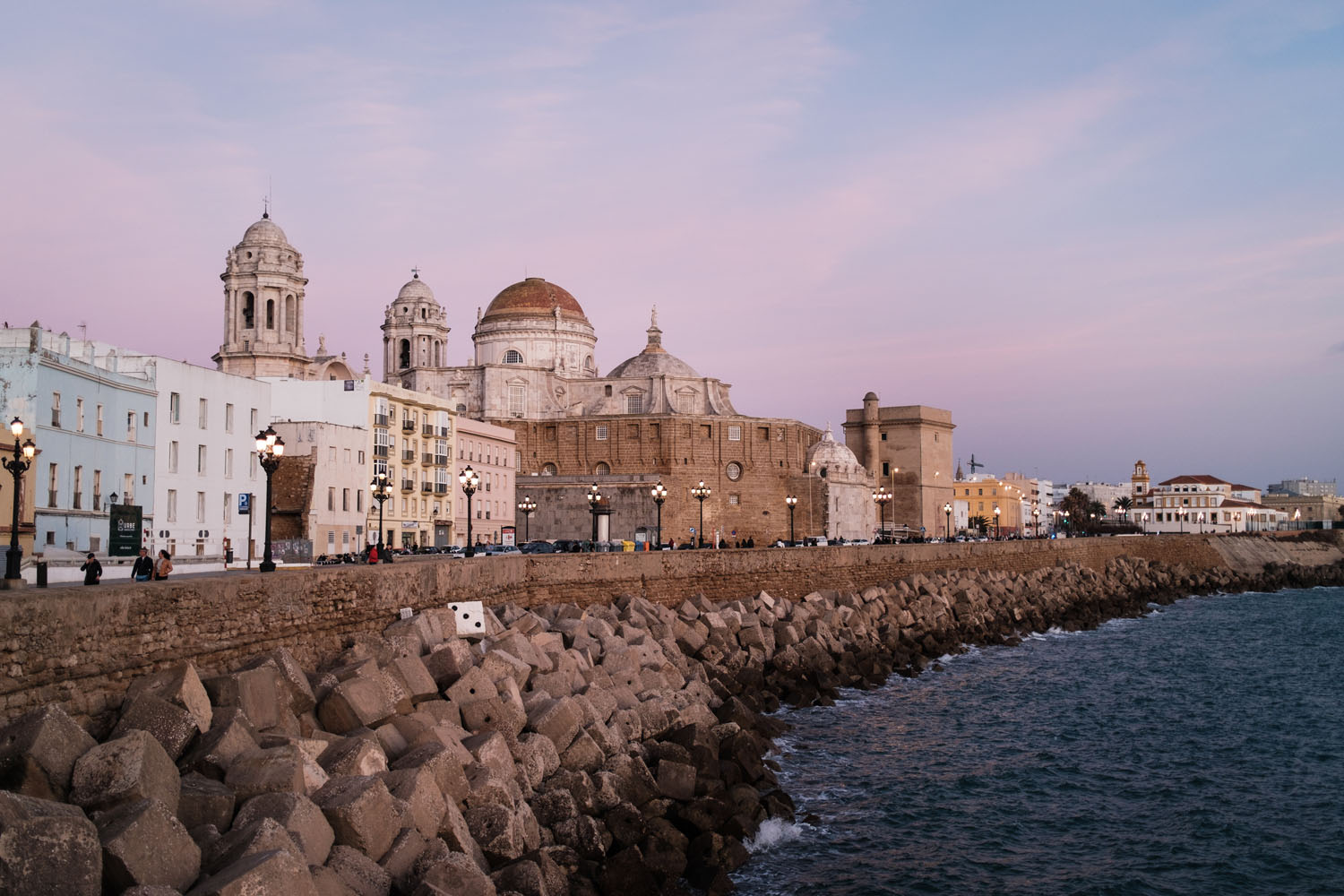
With my iPhone, while I can capture decent photos, there’s often a lack of intentionality. The convenience often translates to hurried shots without much contemplation.
The comparison might be likened to the difference between listening to a song on a vinyl record versus streaming on Spotify. Both can offer quality, but the former provides a richer, more immersive experience. Similarly, while you can get stunning shots with an iPhone, the depth, intention, and overall experience of using a dedicated camera is simply unmatched.
#5. Physical Controls: A Tactile Experience
One of the underrated joys of using a compact digital camera is the tactile feedback provided by physical dials and buttons.
While smartphones primarily rely on touchscreens, compact cameras offer manual controls that many photographers find satisfying and intuitive.
Adjusting settings like aperture, shutter speed, or ISO with physical dials can make the photography experience more immersive, connecting the photographer to the process in a deeply tangible way.
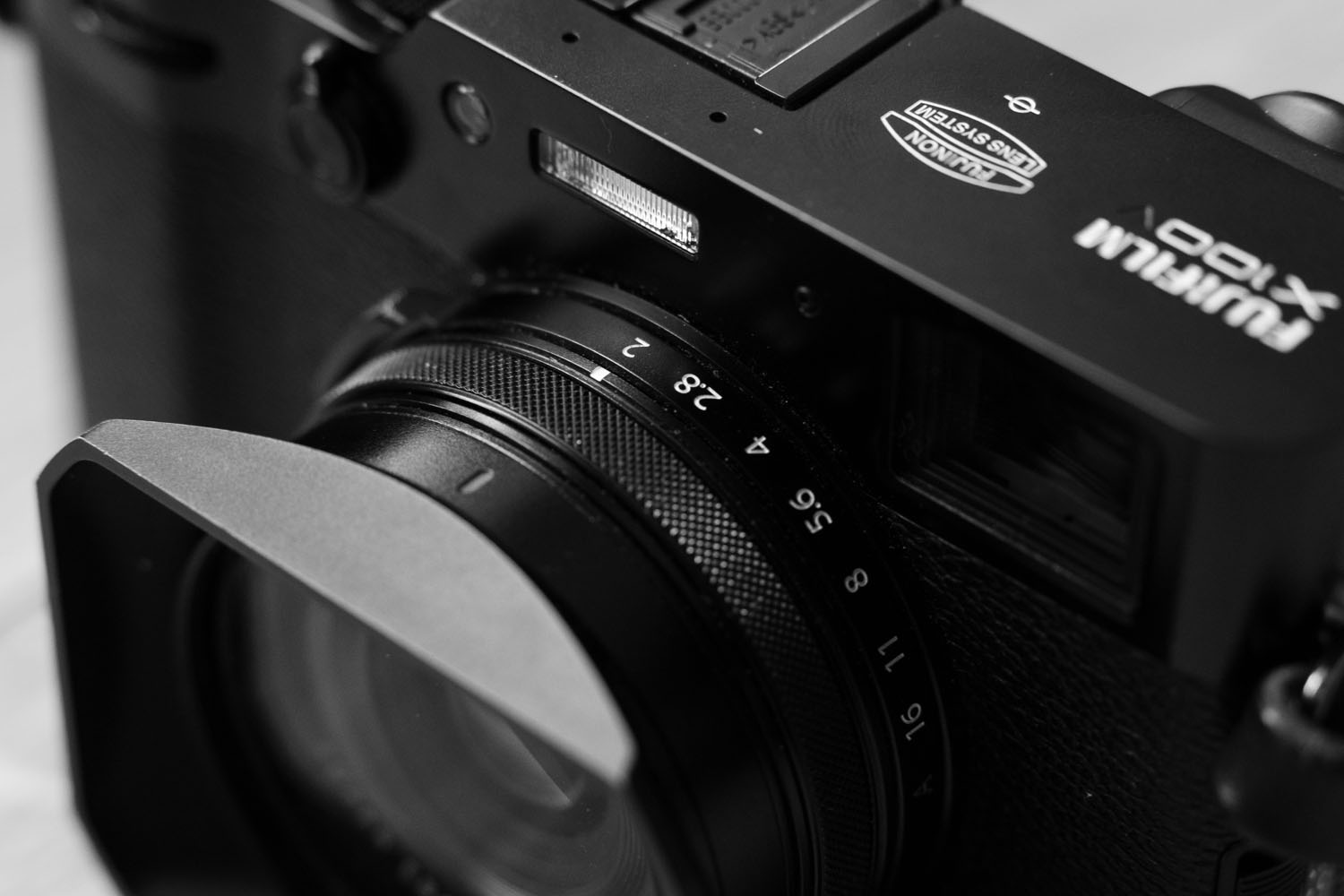
This is precisely one of the reasons I love my Fujifilm X100V so much: it has physical dials for every essential setting needed to capture stunning photos. I love the tactile experience of changing the aperture, ISO, and shutter speed on my camera. It gives me a sense of delight, which in turn encourages me to take more photos. And the more photos I take, the better I become.
Example of Photos That I Took With My Fujifilm X100V
Here are a few photos showing how I use my compact digital camera to take photos in many different photography genres.

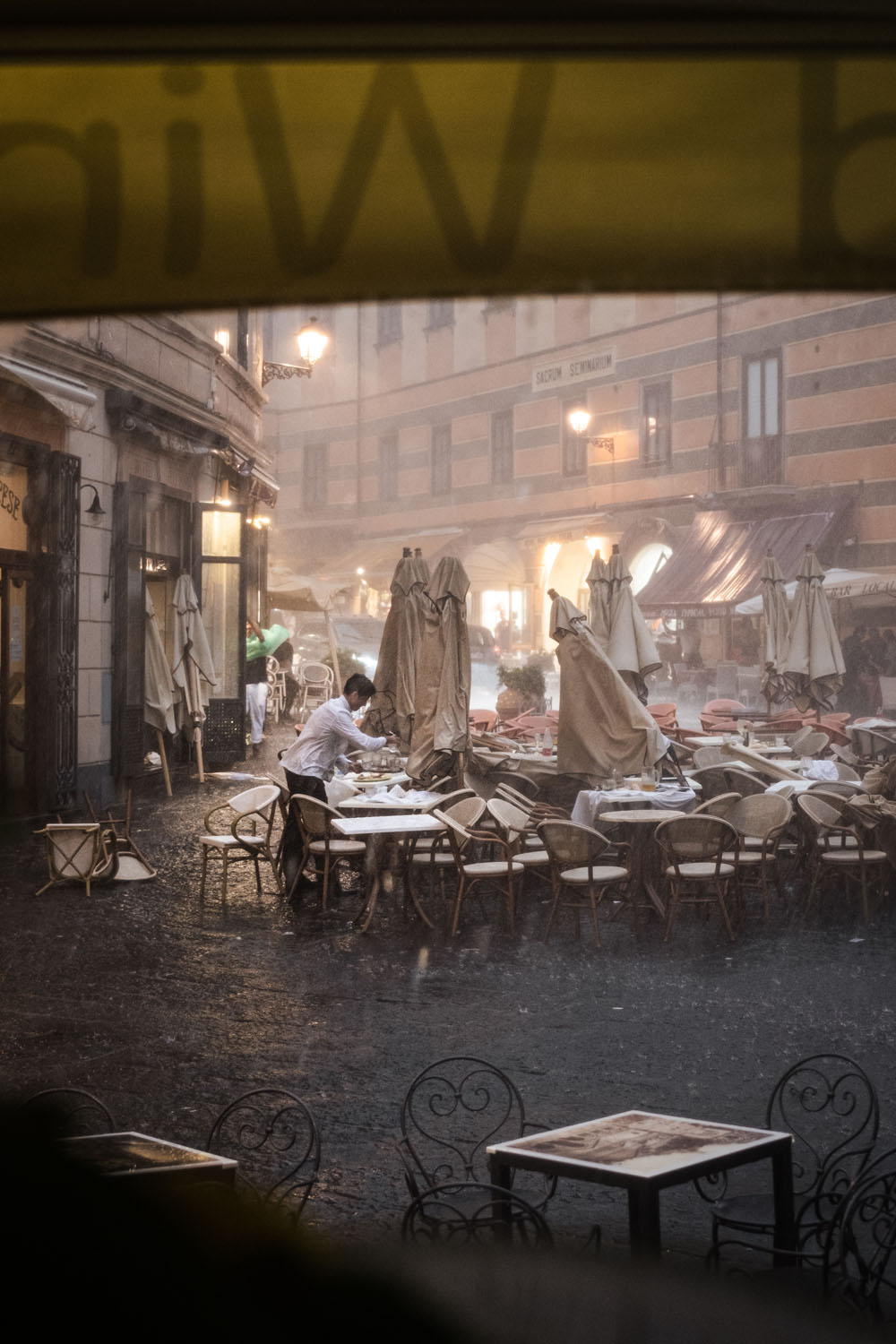
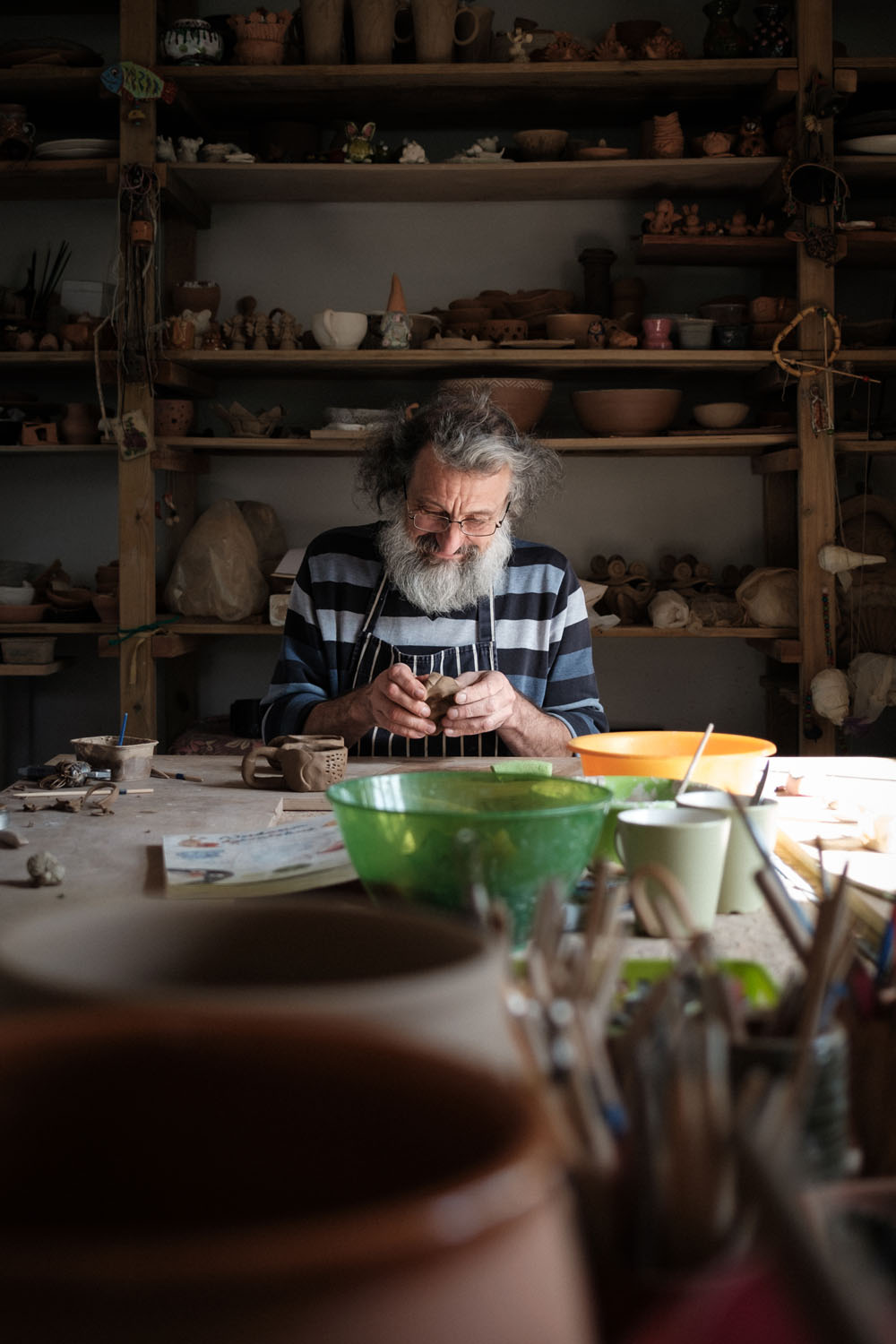
RIGHT: Fuji X100V . f/2.0 . 1/125″ . ISO 100
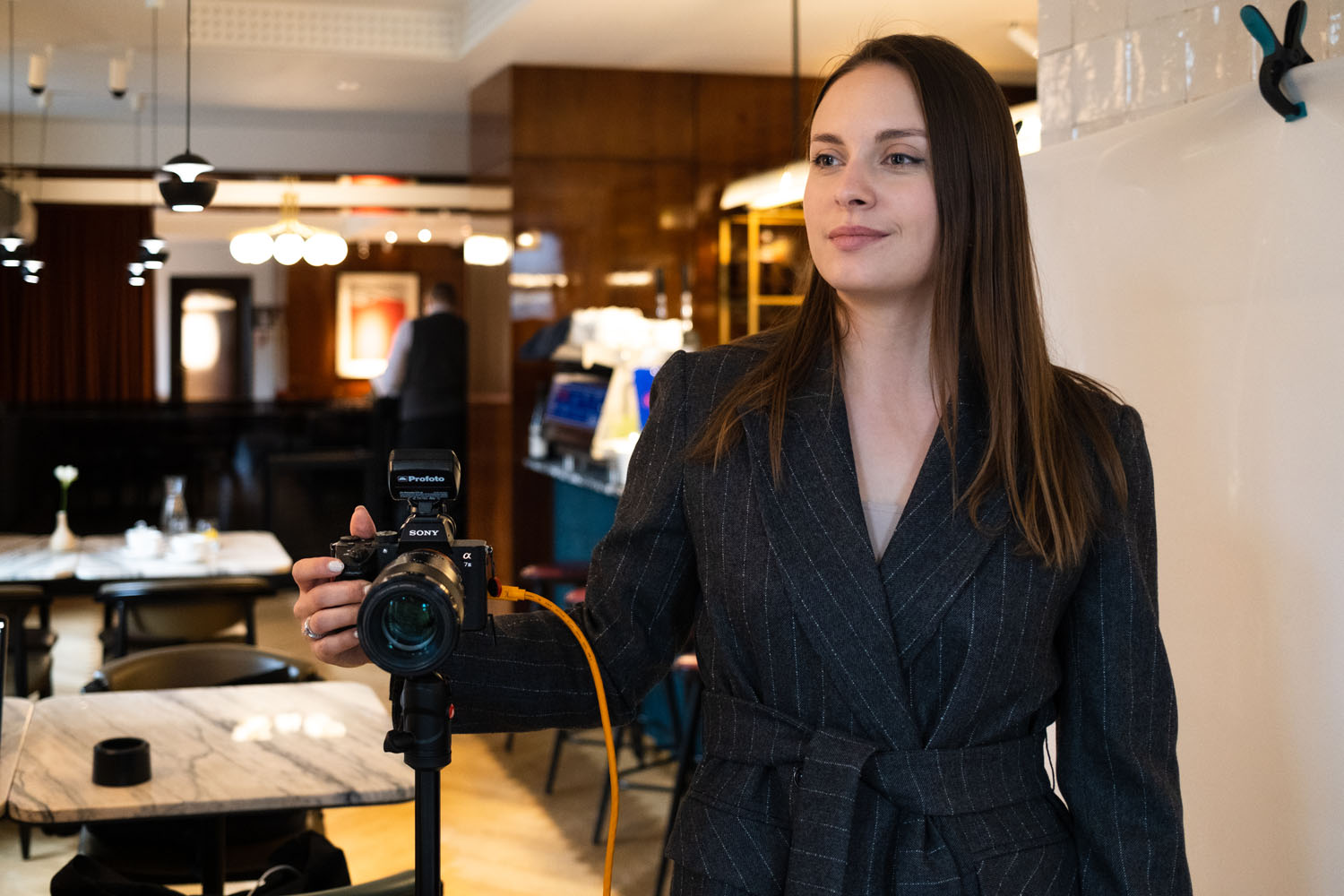
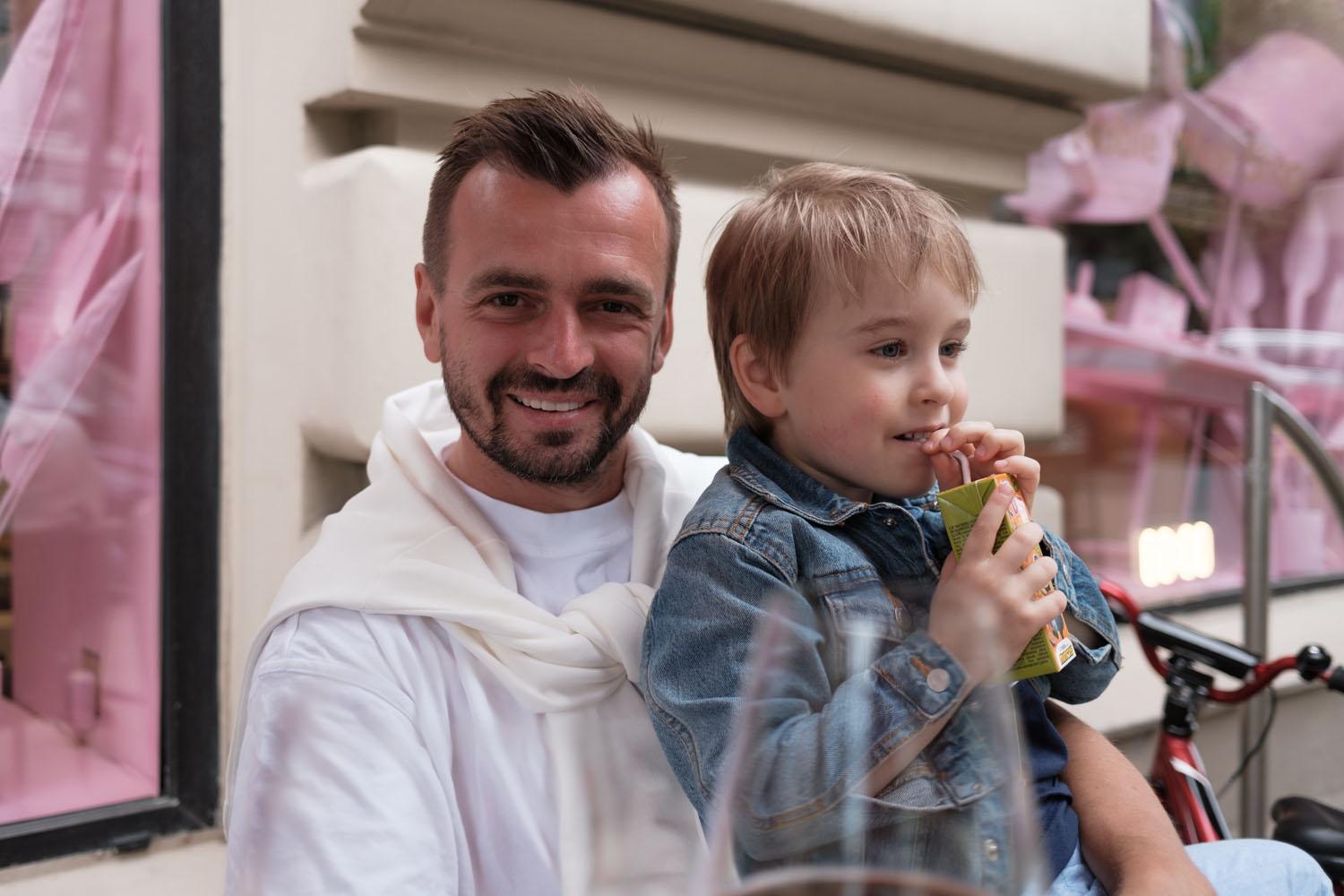
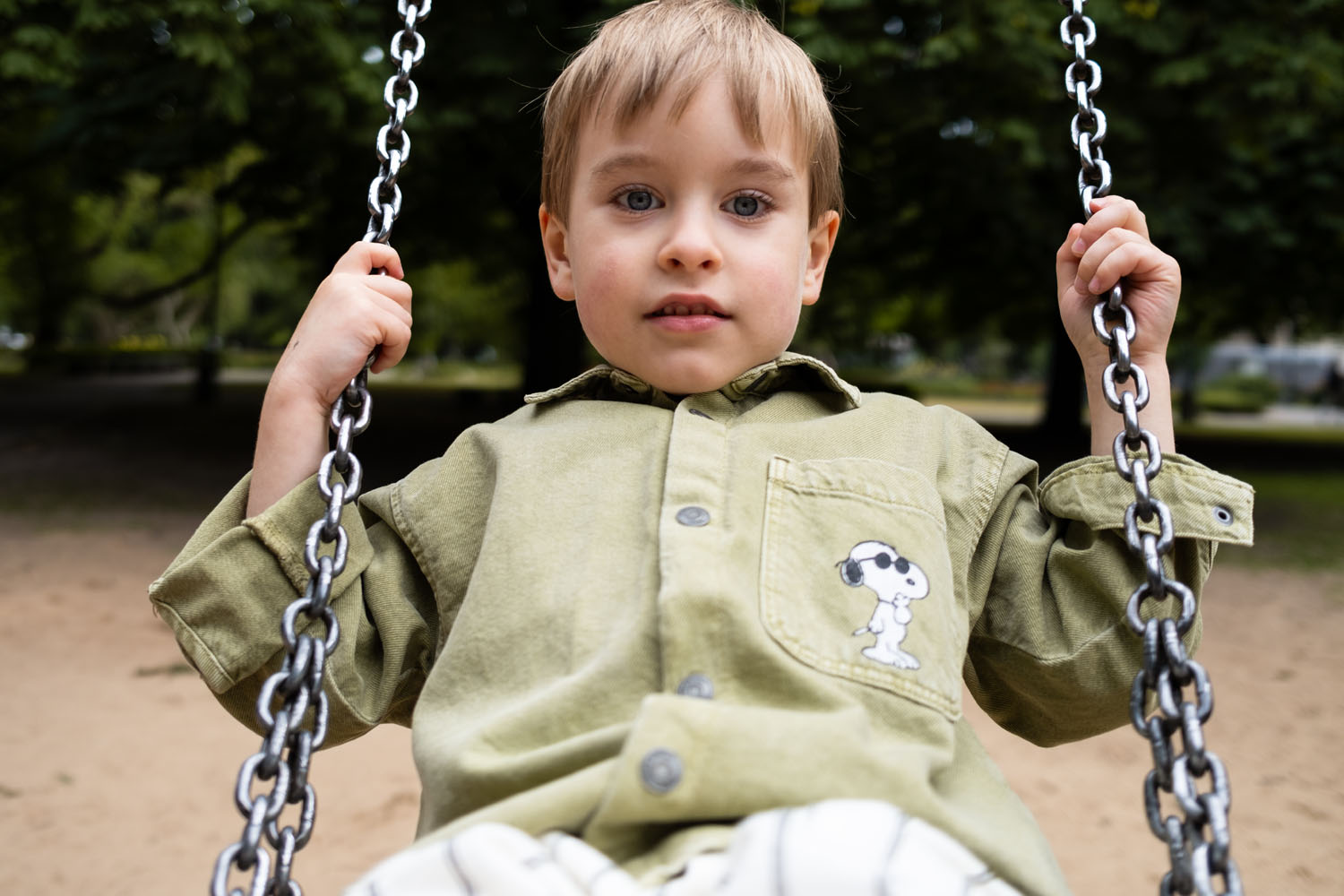
RIGHT: Fuji X100V . f/2.0 . 1/1600″ . ISO 200
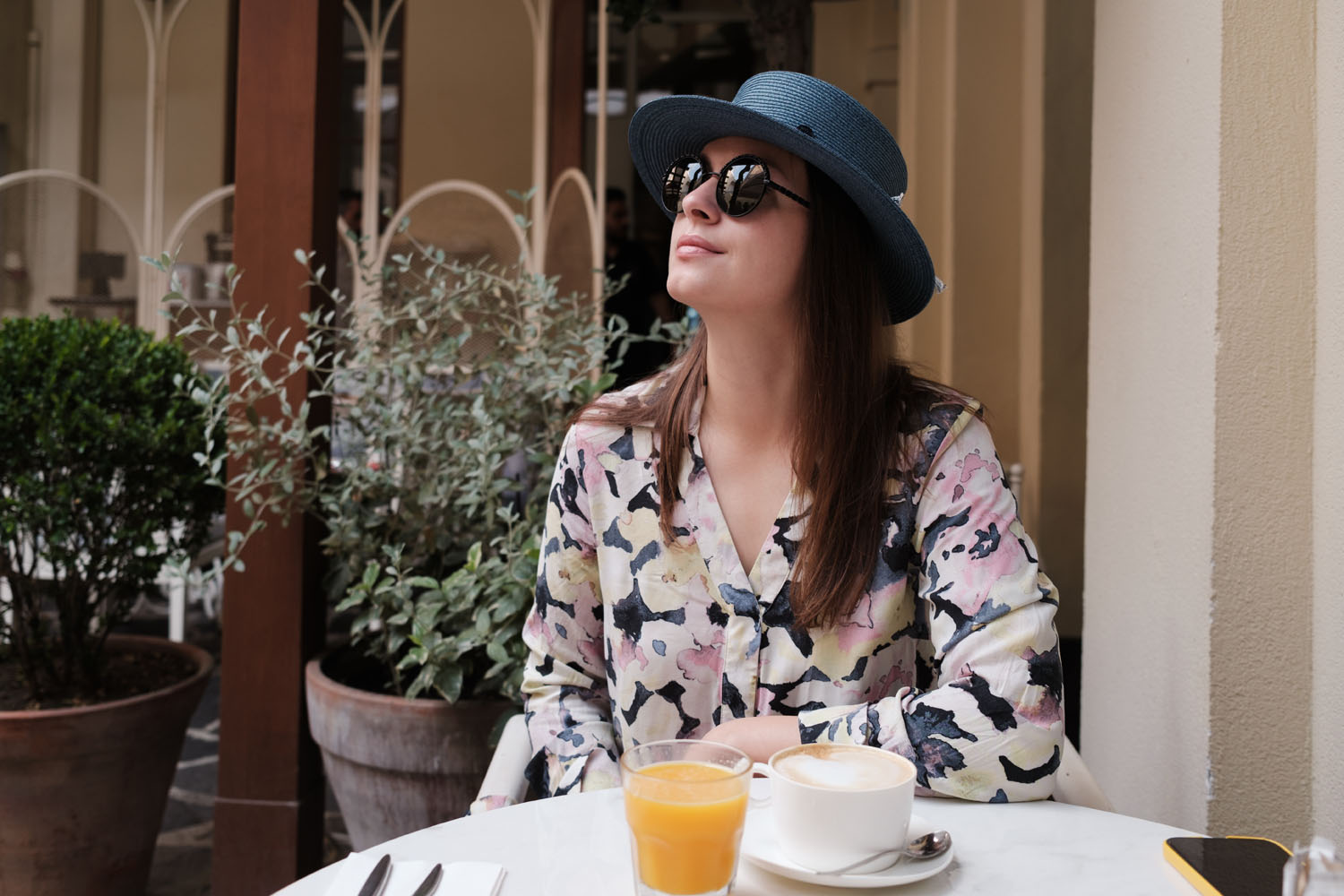
To Sum Up
In an era where smartphones often overshadow traditional photography tools, the enduring appeal of the compact digital camera is a testament to its unique capabilities and advantages.
From its unparalleled versatility to its tactile connection with the photographer, it offers an enriched, focused, and genuine experience that few devices can rival. While smartphones have their place in the realm of quick snaps and social shares, the compact digital camera remains a steadfast ally for those who truly cherish the art and craft of photography.
Whether you’re an aspiring photographer, a seasoned professional, or someone looking to elevate your photographic journey, investing in a compact camera might just be the best decision you’ll make. Embrace the world through its lens, and you’ll see and capture it in ways you never thought possible.


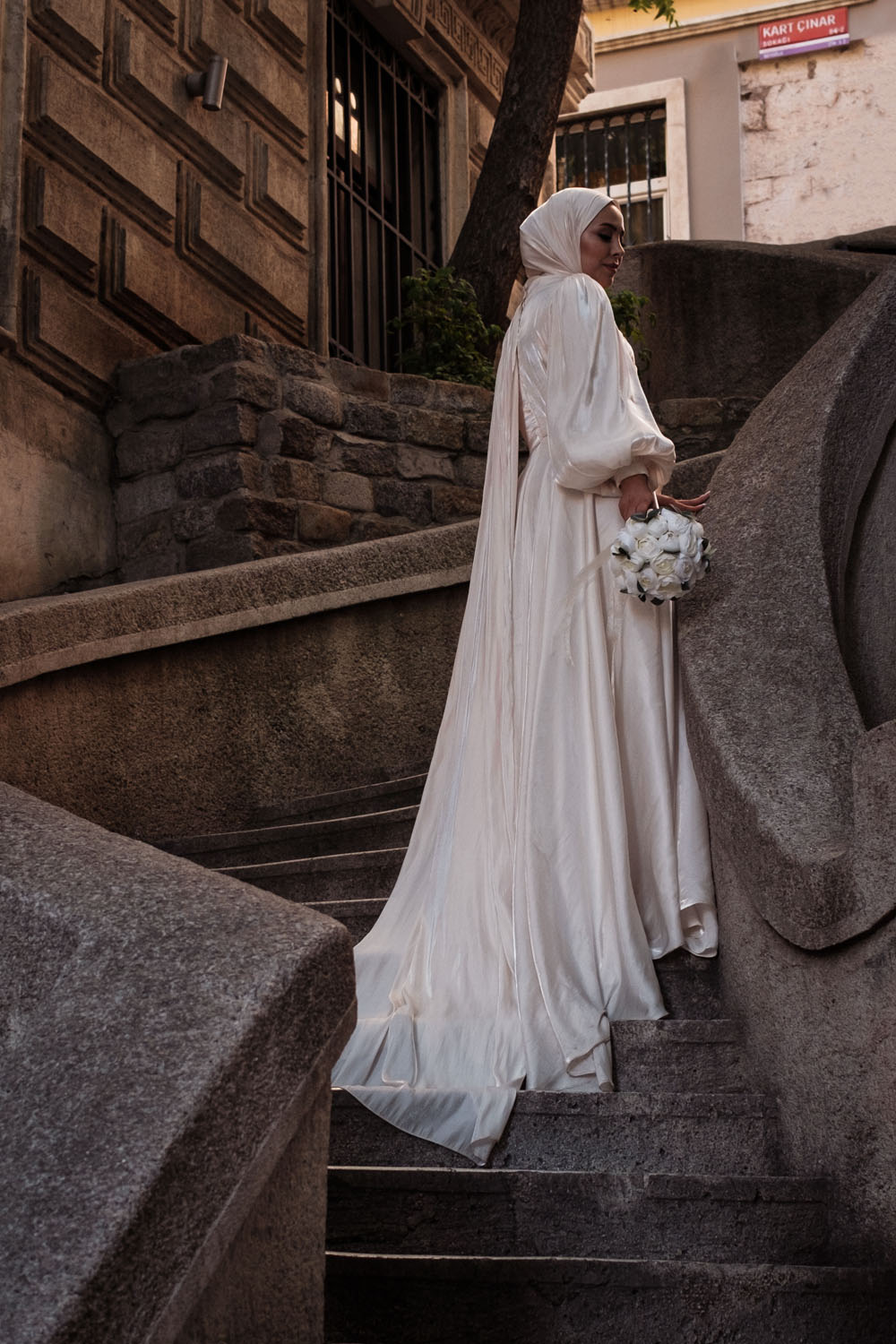
RIGHT: Fuji X100V . f/2.8 . 1/250″ . ISO 400
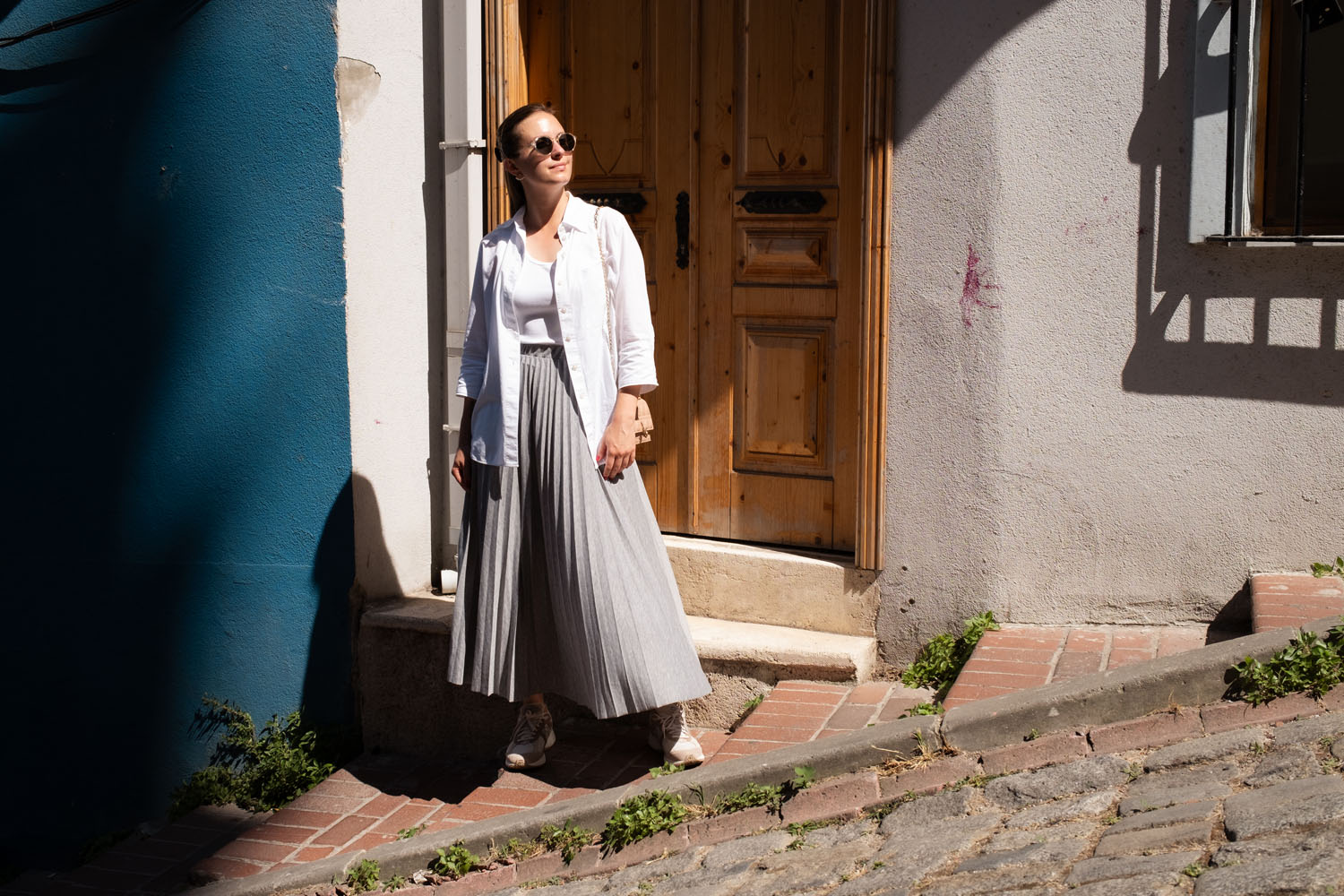
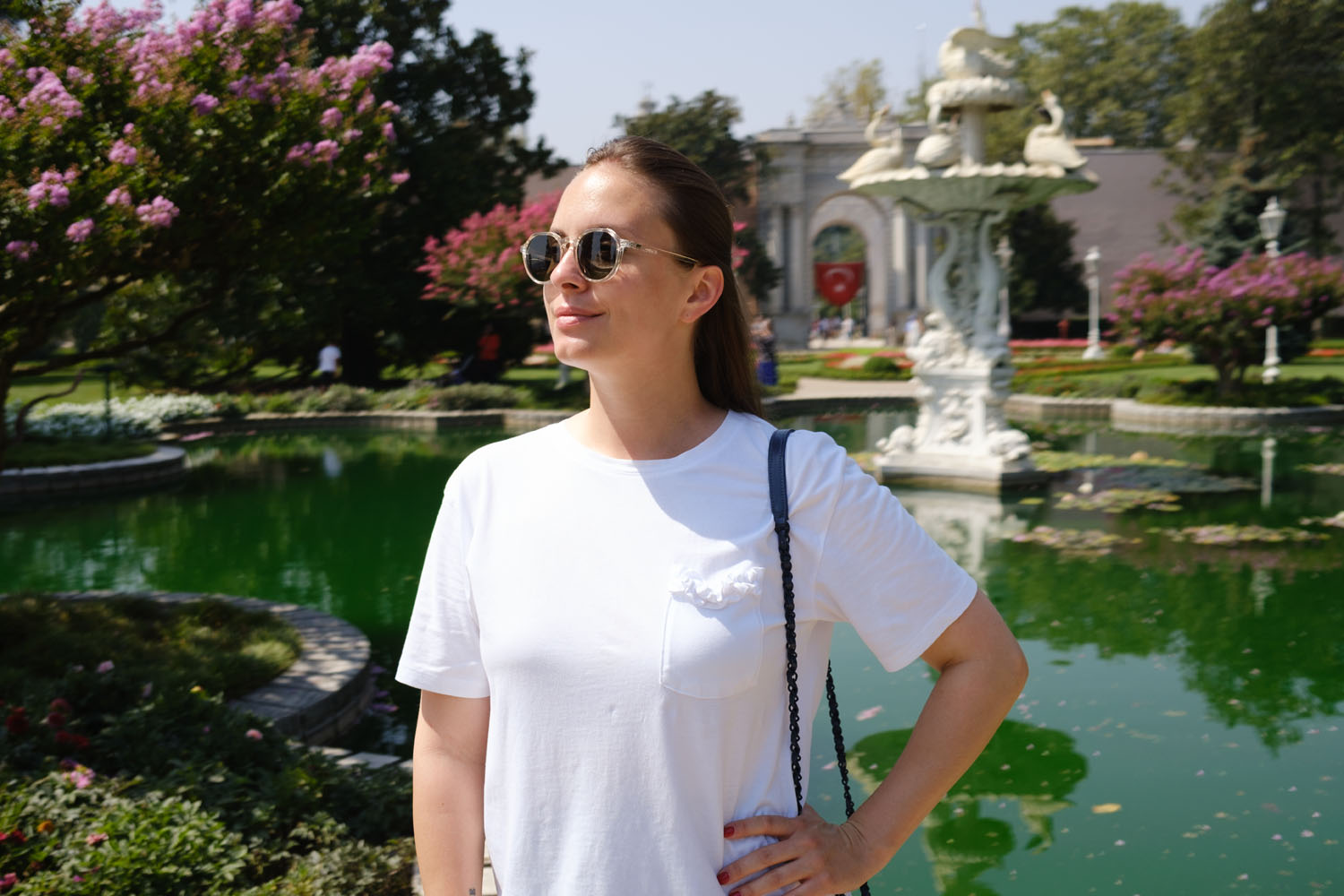
RIGHT: Fuji X100V . f/2.5 . 1/4000″ . ISO 250
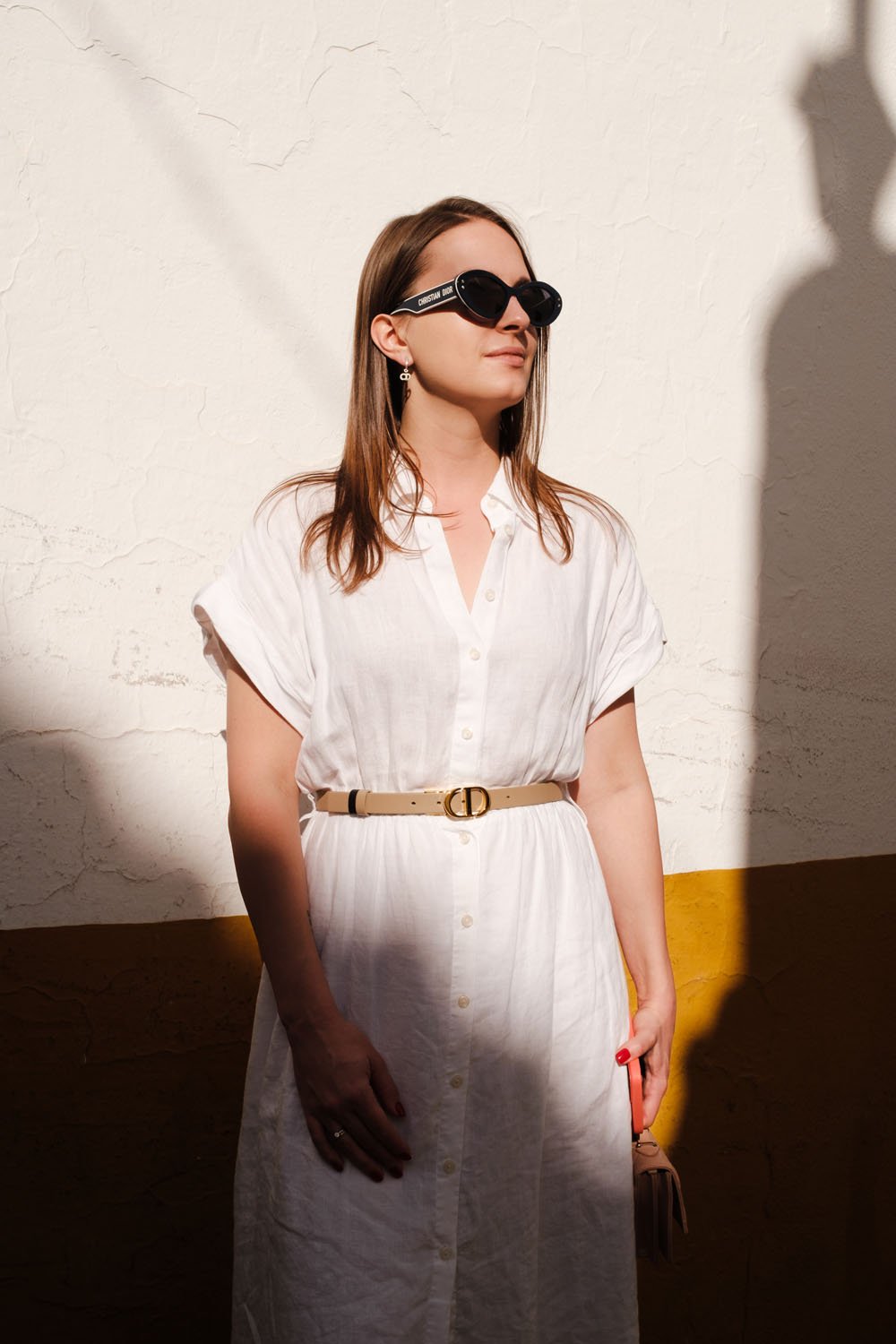

RIGHT: Fuji X100V . f/4.0 . 1/2000″ . ISO 250
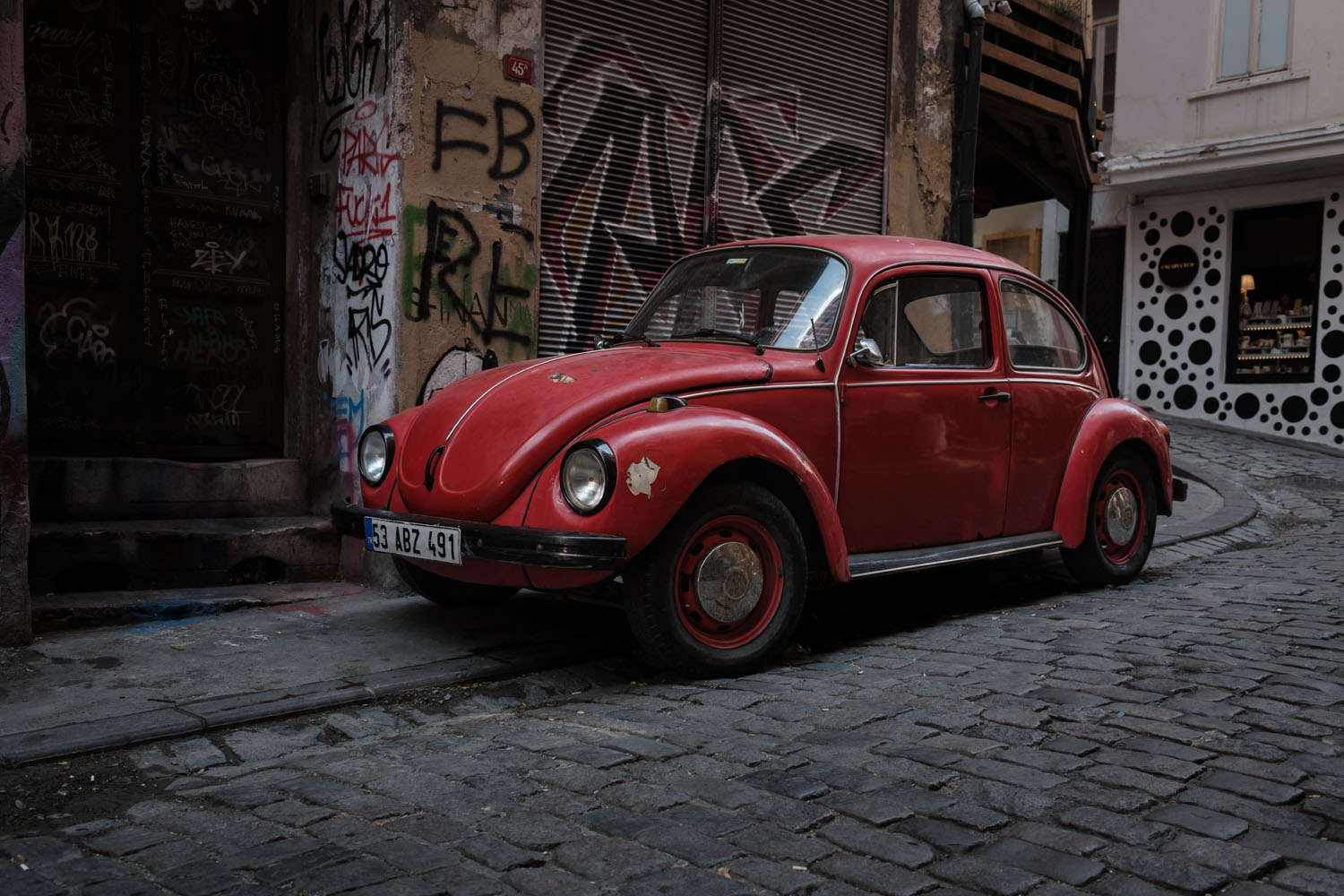
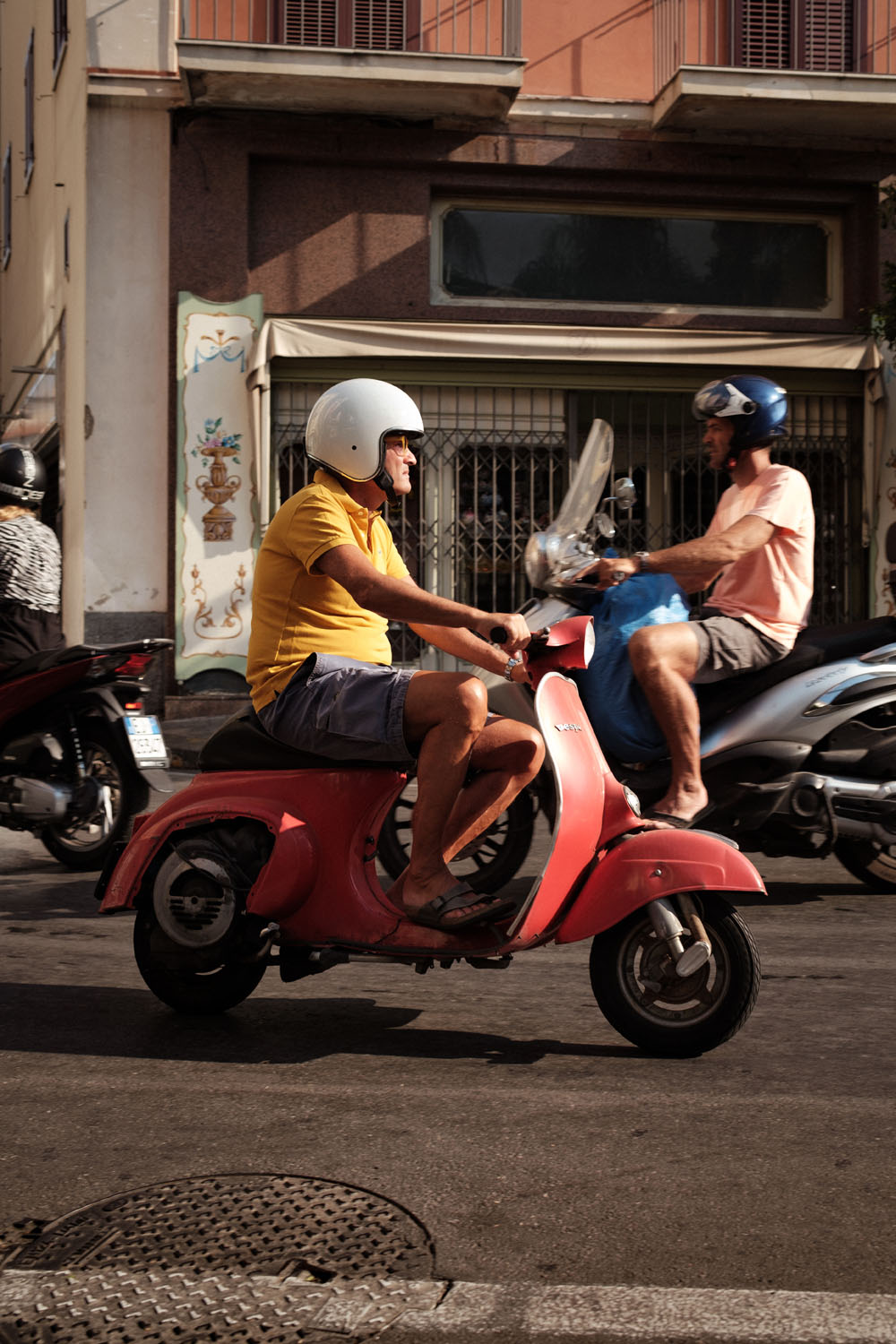

Aleksandrs Karevs is a full-stack digital marketer from Riga, Latvia. In 2018 he became obsessed with photography and decided to create a photography blog where he shares his knowledge about both photography and digital marketing. In his free time, Aleksandrs enjoys taking photos with his everyday companion – Fujifilm X100V.

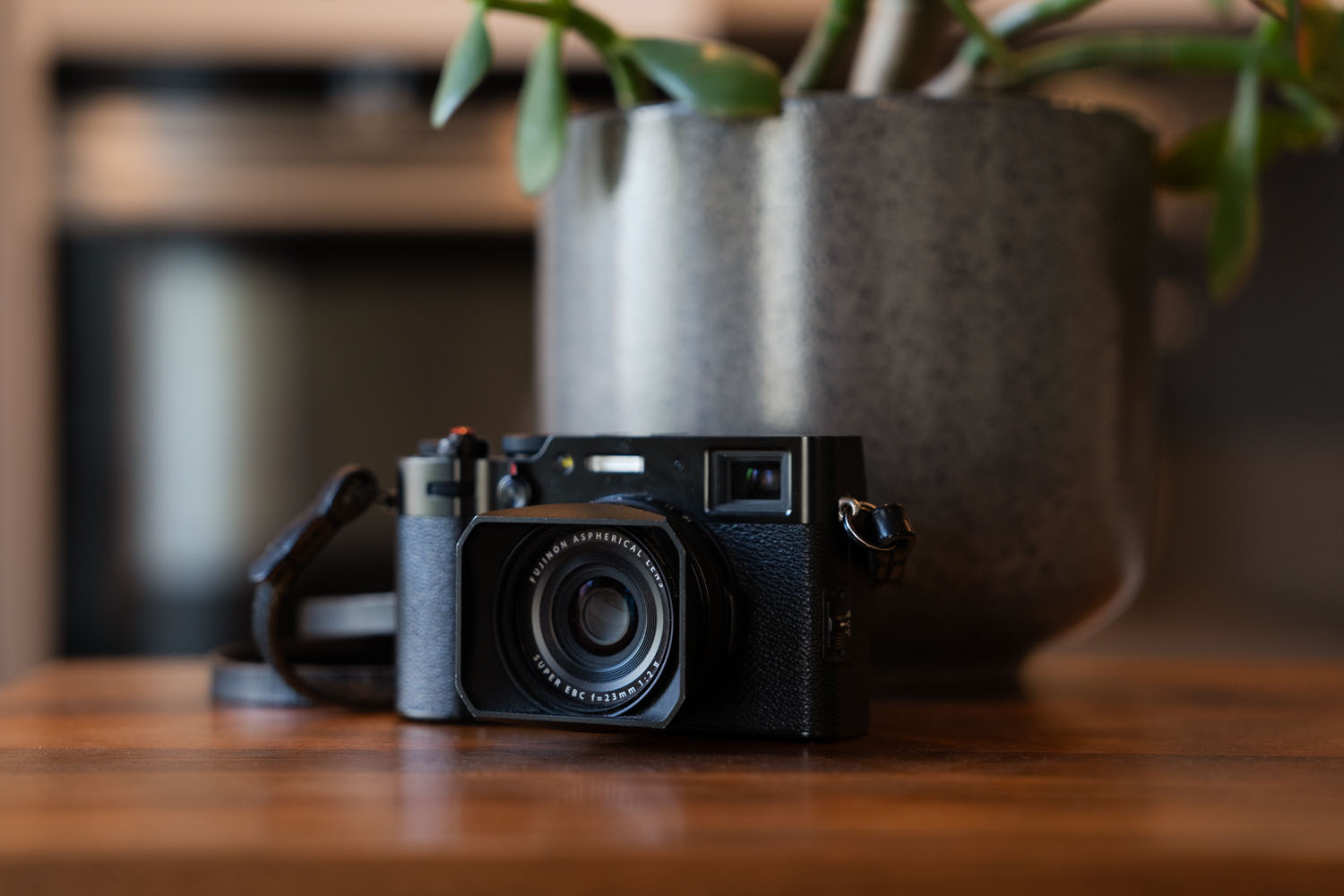



Michael Ernest Sweet
September 15, 2023 @ 3:54 pm
This article doesn’t resonate with me at all. I am a pro photographer (several books published, work in collections etc.) and I just don’t see any use in compact cameras. The iPhone camera is so advanced now and takes photos better than most small sensor cameras. Pro ad agencies use the iPhone to generate billboard images! The iPhone is always on you and carrying a small sensor camera feels very redundant to me. Now, medium format cameras are different. But I expect a viewer would be hard pressed to distinguish a photo taken with a new generation iPhone from a, say, Fuji X camera, especially when some careful editing has been done. The points made in this article, for the most part, read like someone trying very hard to justify their purchase of a compact camera. And hey, if you like using a compact camera use one — some people still like writing on typewriters. If, however, your objective was to prove the superiority of compact cameras over an iPhone you’ve failed.
Aleksandrs Karevs
September 15, 2023 @ 10:23 pm
Hi Michael,
Thank you for your comment. I agree that iPhones and other smartphones can capture amazing photos. However, what I intended to convey in the article is that, for me, a dedicated digital camera will always be the preferred choice. Using a dedicated camera immerses me in a unique photographer’s mindset, a sentiment challenging to put into words. It’s simply a different experience and approach compared to using an iPhone.
While I’ve taken numerous quality photos with my iPhone and know individuals who exclusively use iPhones to produce exceptional images, that method doesn’t resonate with me as much. But if it works for you, that’s fantastic! Ultimately, the priority is to capture those special moments, regardless of whether you’re using a Fujifilm, Leica, Hasselblad, or an iPhone.
I firmly believe that understanding composition, lighting, and color psychology has a more profound influence on the final image than the gear itself. I’m confident that I could produce better photos with my iPhone than a friend might with one of my cameras, simply because he lacks the same depth of photographic knowledge I possess.
Simon
September 17, 2023 @ 6:31 am
iPhone camera maybe good in taking video but for still, it is far behind those with 1 inch sensor Android phone. I do concur with the author that taking inter changeable mirrorless camera is sometime very cumbersome. My recent trip to Turkey riding on the hot air balloon where I have to leave the X-H2 in my hotel. I manage to take some nice pictures using the Xiaomi 12S Ultra. Compared to my wife iPhone 13 Pro, the difference is so obvious. I am not propagating for any phone brand but honestly I believe many has exaggerating the picture quality of iPhone camera.
TD1
September 15, 2023 @ 6:03 pm
Can your iPhone sync flash at 1/4000 or shot at 1/32,768?
David Kerr
September 15, 2023 @ 8:42 pm
I use Fuji and Leica cameras. I started with the X10 then the X100S and subsequently added two Fuji bodies, the XT-2 and XPro2. When traveling, I carry the X100S and an iPhone. The X100S is perfect for MY approach to making travel photographs and beyond. I would have the V but availability is sketchy.
Brycee
September 15, 2023 @ 10:24 pm
That’s not the point of the iPhone and any other phone. The point of cameras phone is simplicity, ease of use and good quality shots. Forget the technicalities. Just want good shots. That’s all.
Jun
September 17, 2023 @ 6:38 am
That’s a $2500 camera. If I could have it, I would choose it over iPhone without a blink. No need for any of such lengthy reasons
John Rieger
September 15, 2023 @ 8:01 pm
If you like pre-packaged photos, go the iPhone/AI route; if you like to turn the dials and participate in the creation of a photograph, go the camera route. Either way, depending on your preferences, you will enjoy the experience.
Brycee
September 15, 2023 @ 10:20 pm
In this day and age, I really don’t see the point of compact camera. If you’re a professional photographer you may want to still use a DSLR or mirrorless, with all the expensive lenses that are needed. A professional wouldn’t look professional taking pictures with a phone at a wedding for instance. But for the average enthusiast non-professional photographer, who’s after good quality shots, invest in a good iPhone or even a good Android phone. The S23 ultra from Samsung does a terrific job. Forget compact cameras.
Aleksandrs Karevs
September 15, 2023 @ 10:35 pm
Hi Bryce,
Thank you for your comment. I suppose preferences vary from person to person. However, as I highlighted in my article and the preceding comment, I find a compact digital camera like my Fujifilm X100V far superior as a photography tool compared to any phone, whether it’s an iPhone, Samsung, or any other brand.
For me, it’s less about the technical specifications and more about the approach to photography. I feel more inspired using my Fujifilm X100V than I do with any phone. Your experience might differ, and that’s perfectly okay. Ultimately, what’s paramount is capturing those precious moments, irrespective of the device you choose. But personally, a dedicated camera with tangible dials enhances my everyday photography experience.
Morrie
September 16, 2023 @ 6:38 pm
While I am not a professional photographer, I am a photography enthusiast and I can see both sides of this. I agree that most small sensor compacts are pointless today, being easily blown out of the water by even a moderate smartphone. That said, niche models exists (and thrive) for a reason. The thing somehow no-one seems to be mentioning here so far is that the x100v is a modern-ish 26mp APS-C sensor, not some 1/2.3” pocket toy. I have several “real” cameras (had a Sony a7-3-which i too often left at home. Now I have a Fuji xs-10, and a Panasonic m43 camera for days that I feel like taking a more involved photo. Looking through an EVFit is a more visceral experience, as opposed to using my iPhone 14 pro max – which typically takes amazing snapshots. Sure, none of the cameras match the Sony a7-3 for quality, but the Fuji is quite a bit smaller and more engaging to shoot with. I don’t have an x100v, but I keep thinking to get one.
Aleksandrs Karevs
September 17, 2023 @ 8:54 am
Hi Morrie! I agree with you 100% 😉 I also have a Sony A7III and a Sony 7C. However, my favorite camera is still my Fujifilm X100V, because of its excellent retro design, physical dials for every setting, simplicity of use, and form factor.